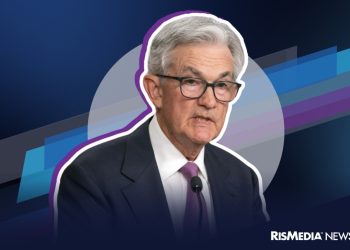Consumer confidence saw little movement in March, falling slightly from 104.8 in February to 104.7, according to the latest data from The Conference Board. This follows a large drop in February, which was a shock after January’s two-year high.
Stay Connected with REW CRM’s Push Notifications
Stay on top of every opportunity with real-time alerts for key activities such as lead assignments and new inquiries. Instant updates mean faster responses, more conversations and higher conversion rates. Learn more.
Business Tip of the Day provided by
Categories
The Most Important Real Estate News & Events
Click below to receive the latest real estate news and events directly to your inbox.
By signing up, you agree to our TOS and Privacy Policy.












